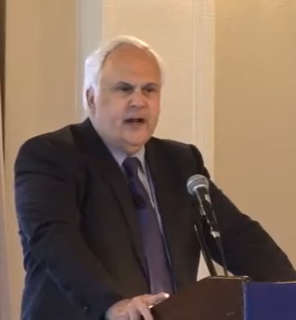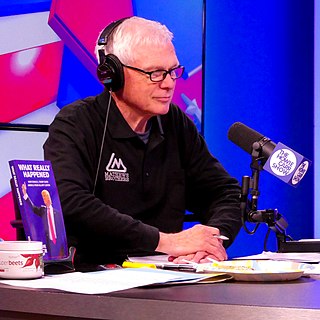A Quote by Joseph J. Romm
Replacing half of the U.S. ground-transport fuels with hydrogen from wind power by 2050, for example, might require 1,400 gigawatts of advanced wind turbines or more... replacing those fuels with electricity might require less than 400 GW.
Related Quotes
And in the process, we have come up with fuels - algae-based fuels, isobutanol-based fuels and other fuels - that we think will power the planes in the future so that, you know, by 2020 I hope that our planes will be powered on fuels that are clean fuels and are not polluting the environment so that we'll have a green airline and an airline that actually has fuels that will be hopefully cheaper than the dirty fuels of the past. So [we're] doing good and also turning a profit at the same time.
Just look at that Forbes 400. Takes a billion three to get on the Forbes 400 this year. And the aggregate wealth is just staggering. And those people are paying less percentage of their total income to the federal government than their receptionists are. [...] I'll bet a million dollars against any member of the Forbes 400 who challenges - me that the average for the Forbes 400 will be less than the average of their receptionists.
Variable but forecastable renewables (wind and solar cells) are very reliable when integrated with each other, existing supplies and demand. For example, three German states were more than 30 percent wind-powered in 2007 - and more than 100 percent in some months. Mostly renewable power generally needs less backup than utilities already bought to combat big coal and nuclear plants' intermittence.
In reality, Republicans have long been at war with clean energy. They have ridiculed investments in solar and wind power, bashed energy-efficiency standards, attacked state moves to promote renewable energy and championed laws that would enshrine taxpayer subsidies for fossil fuels while stripping them from wind and solar.
It might be asked, 'How much time shall I allow myself for rest?' The answer is that no rule of universal application can be given, as all persons do not require the same measure of sleep, and also the same persons, at different times, according to the strength or weakness of their body, may require more or less.



































